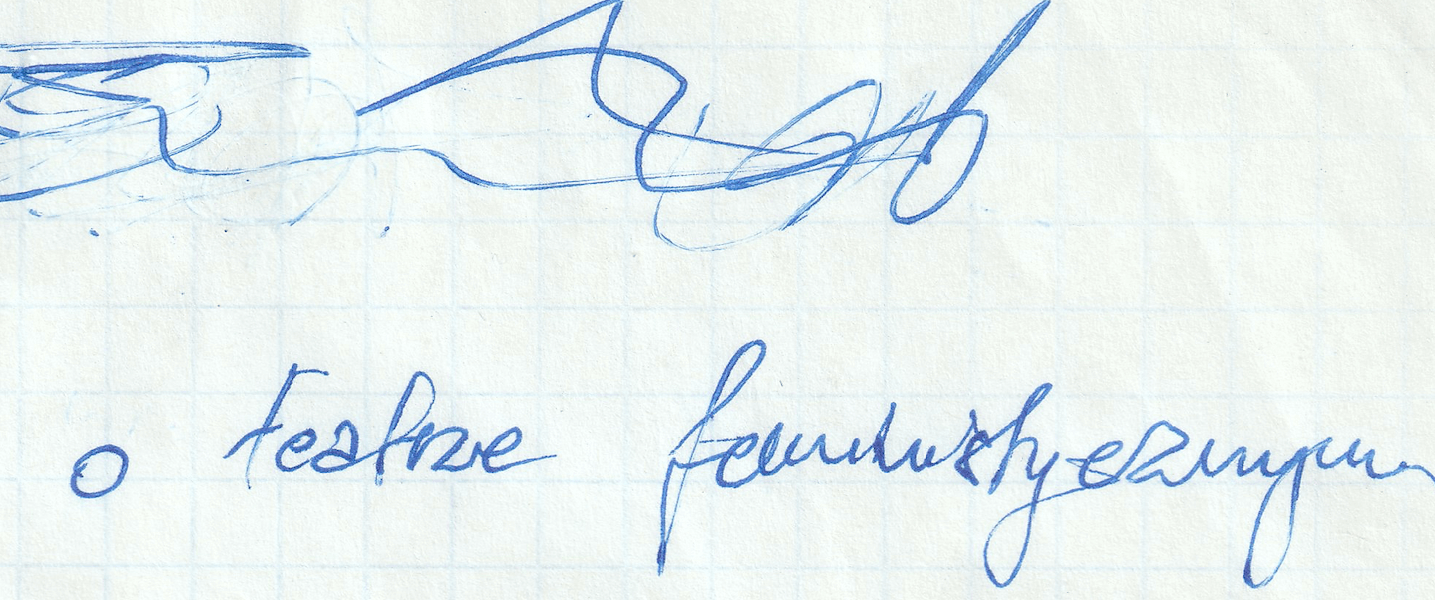About feminist theatre
TERAZ POLIŻ artistic practice is increasingly being written about in the context of their collective activity. This is due to the gradual change that is taking place in the study of performing arts, in which not only the finished work is the subject of interest, as in traditional theatre criticism, but also the creative process, the working conditions of the artists and the organisational methods of work. By directing attention to these issues, the researchers acknowledge the value of creative practices oriented not only towards the production of performances, but also towards the creation of long-term relationships between artists, audiences, and the natural and cultural environment.

In the index, when looking into the descriptions of the group’s individual projects, you can find reviews, interviews and press materials on their analysis. However, we also encourage readers of the archive to read texts on the conditions under which feminist theatre is created – methods of collective work and strategies for survival in the precarious landscape of grassroots, independent creative initiatives. Therefore, below we present a collection of articles and interviews which are about the collective activity of TERAZ POLIŻ.
The articles are available only in Polish.
Texts:
- Katarzyna Lemańska, „Ożywmy kobiety naszym głosem”, „Didaskalia”.
- Katarzyna Niedurny, „Teraz Poliż, czyli jak założyć teatr feministyczny”, „Performer”.
- Marcelina Obarska, „TERAZ POLIŻ”, Culture.pl
Interviews:
- „Feministycznie, kolektywnie, horyzontalnie – czyli jak?”, TERAZ POLIŻ w rozmowie z Agatą Skrzypek, „Didaskalia”.
- „Kiedy grasz siostrę, prostytutkę, kochankę, to jesteś tylko tłem dla mężczyzny”, TERAZ POLIŻ w rozmowie z Zofią Krawiec, „Noizz”.
- „Teatr, który jest kobietą”, TERAZ POLIŻ w rozmowie z Magdą Piekarską, „nietak-t”.
- „Teraz Poliż grają równo od dekady, ale ciągle słyszą: »A co wy, same dziewczyny? Przydałby się wam jakiś facet«”, TERAZ POLIŻ w rozmowie z Paulą Szewczyk, „Wysokie Obcasy”.z

